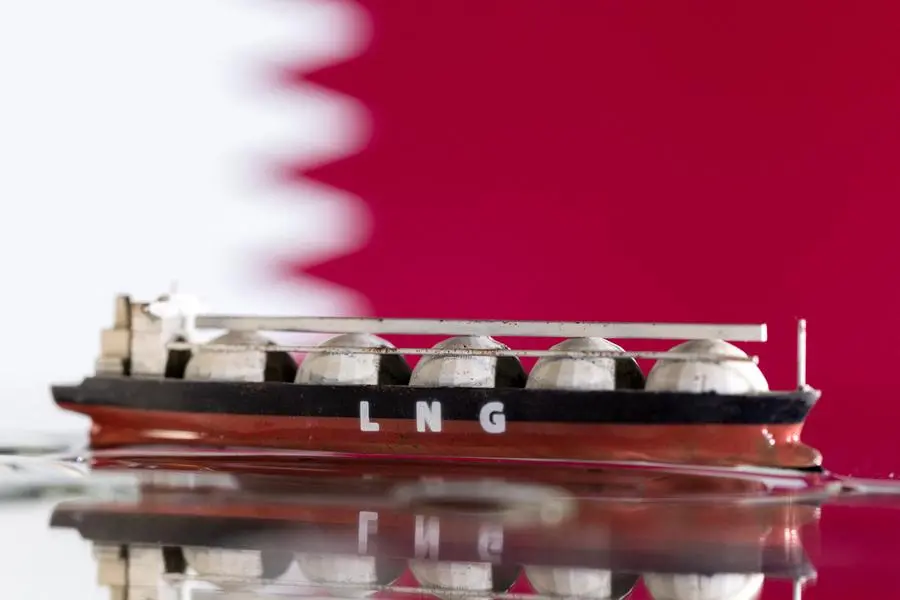PHOTO
The North Field LNG (liquefied natural gas) project will enhance Qatar's economic growth in the future but more foreign direct investment (FDI) is needed to further monetise from it, according to the Institute of International Finance (IIF), an US-based economic think-tank.
"While the North Field LNG project will boost growth over the coming years, more FDI is needed to increase the production capacity of LNG, given the large proven gas reserves," Garbis Iradian, chief economist (Middle East and North Africa), IIF, said in a latest report ‘GCC: Resilient Despite Headwinds.’
The country’s hydrocarbon bellwether is expected to raise the country’s LNG production capacity to 126mn tonnes per annum by 2027, a 64% increase from the current level.
"This would boost medium-term prospects and strengthen the fiscal and the external positions," the report said.
Recently, a high-level delegation, led by HE Saad bin Sherida al-Kaabi, the Minister of State for Energy Affairs, also the president and chief executive officer of QatarEnergy and chairman of Qatargas, took stock of the progress of the NFE (North Field expansion) project, which includes six new LNG trains with a capacity of 8mtpa each, and associated utility and offsite facilities.
The NFE project comprises the North Field East (NFE) and the North Field South (NFS) expansion projects and is the industry’s largest ever LNG project.
Qatar's gas production is expected to increase to 3.62mn barrels per day of oil equivalent in 2024 compared to 3.39mn in 2023 and 3.21mn in 2022.
Expecting average oil prices to decline from $100 a barrel in 2022 to $85 in 2023 and $80 in 2024; IIF said the main downside risk to the oil price forecast is weaker than-expected global growth.
Oil production cuts would drag down overall the country's real GDP growth to 2.2% in 2023, it said, adding growth picked up to 4.5% in 2022, supported by higher gas production and prices and an increase in economic activity related to the FIFA World Cup.
"We expect the fiscal surplus to remain large despite the moderation in oil and gas prices, as spending on infrastructure will start to decline," the report said.
On the oil market, IIF said crude prices have declined substantially from their peak reached in June 2022, as the slowing global economy weakened demand for oil, and as supply from the US, Brazil, Canada, and Guyana increased "significantly". China’s oil consumption in 2022 declined for the first time in several decades, amid shutdowns in response to Covid outbreaks, it said, adding tighter global financial conditions, the recent collapse of Silicon Valley Bank, and the forced takeover of Credit Suisse by UBS, raised the risks of much weaker global demand for oil.
The fiscal balance is expected to be 7.4% of gross domestic product of GDP) in 2024 against 5.7% in 2023 and as high as 9.9% in 2022.
The IIF report also said the country's banking system remains "well capitalised", liquid, and with low NPLs or non-performing loans.
"However, commercial bank’s large net foreign liability position may pose potential risks as global financial conditions have tightened," it said.
© Gulf Times Newspaper 2022 Provided by SyndiGate Media Inc. (Syndigate.info).





















